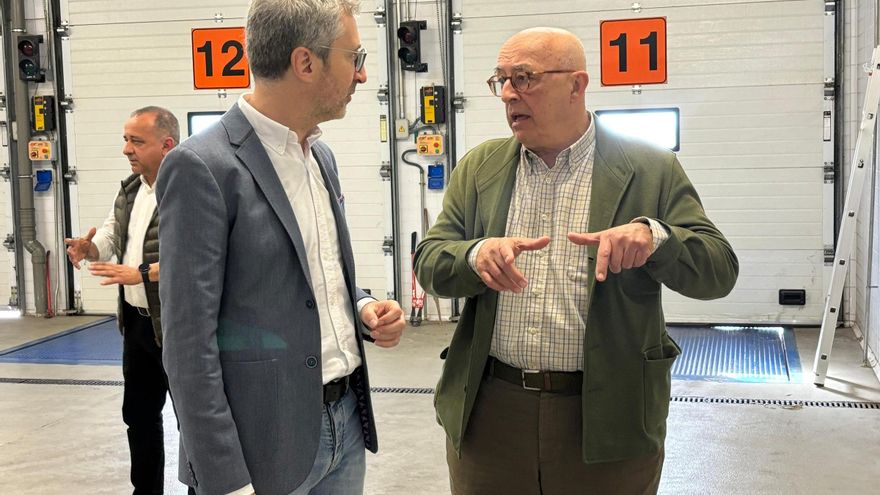
The Border Control Post (PCF) at the port of Santa Cruz de Tenerife has expanded its border service, specifically the Plant Health Inspection, to operate on Saturdays, Sundays, and public holidays since April 2024. During the weekends when this service has been available, a total of 6,000 tonnes of goods have been processed.
This Saturday, the Secretary of State for Territorial Policy, Arcadi Spain, visited the facility, which has conducted inspections on a total of 310 containers during the weekends and holidays since the service began, resulting in 613 phytosanitary inspections, as reported by the Ministry of Territorial Policy.
The service mainly handles highly perishable products (such as fresh fruit and vegetables), which are then distributed to supermarkets across the island.
“The Government of Spain has addressed the requests from the distribution sector on the island that have emerged since 2022 by enhancing personnel for the border inspection service and adjusting the PCF of Santa Cruz de Tenerife to meet the current demands of freight traffic,” they stated.
The Secretary of State also recalled that during a recent meeting with stakeholders, including operators and representatives from the Port Authority of Santa Cruz de Tenerife and the PCF, the Government of Spain pledged to continue enhancing its workforce to allow greater volumes of operators and fresh goods to arrive on the island during weekends.
This initiative, he stated, will foster “greater competitiveness, increased employment, and equal conditions compared to the rest of the country.“
New organisational model
Additionally, a new organisational model for border health inspections across ports nationwide has been introduced this week, following successful pilot projects at the Border Control Posts in Algeciras and Barcelona, as stated by the Government Delegation in the announcement.
This new health control system, outlined in Ministerial Order 756/2024, results from extensive collaboration among the relevant ministries (Agriculture, Health, Territorial Policy, and Democratic Memory) and involves the consolidation of veterinary actions, the removal of redundancies in the inspection process, and the simplification of procedures.
Consequently, they assert that this change ensures enhanced effectiveness and efficiency, while maintaining the essential rigour in inspection activities. This organisational reform marks the beginning of new initiatives aimed at modernising the PCF in Spain to boost the competitiveness of our ports.
















